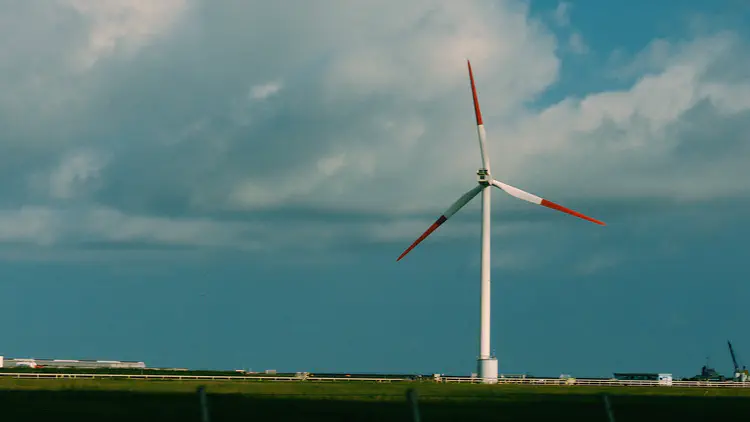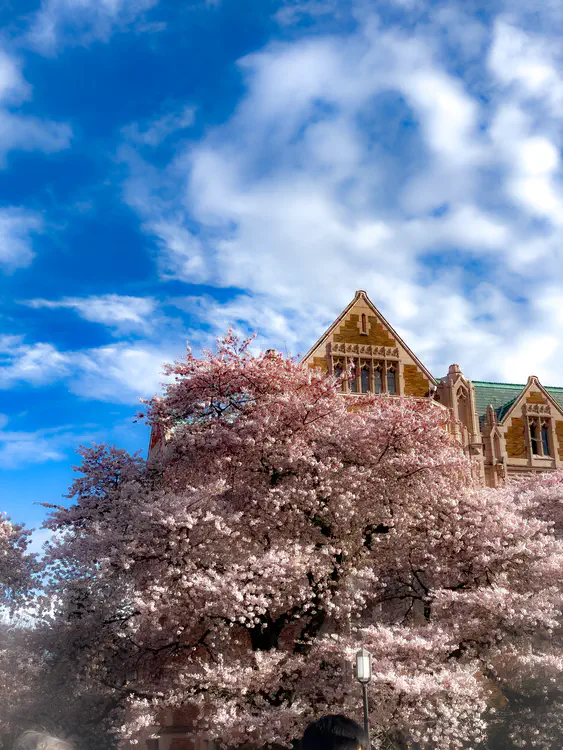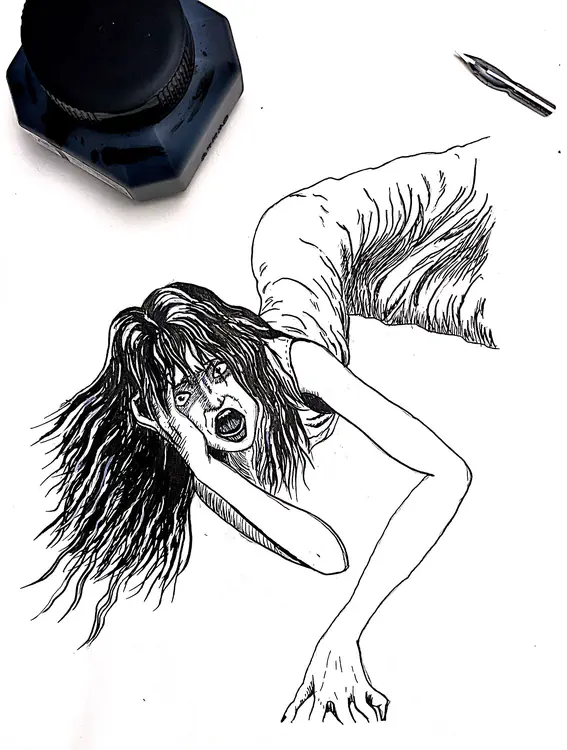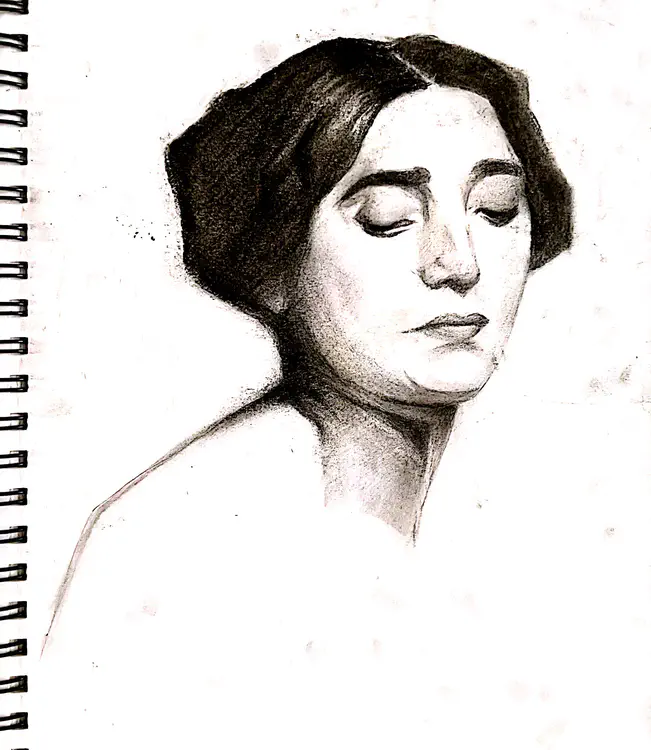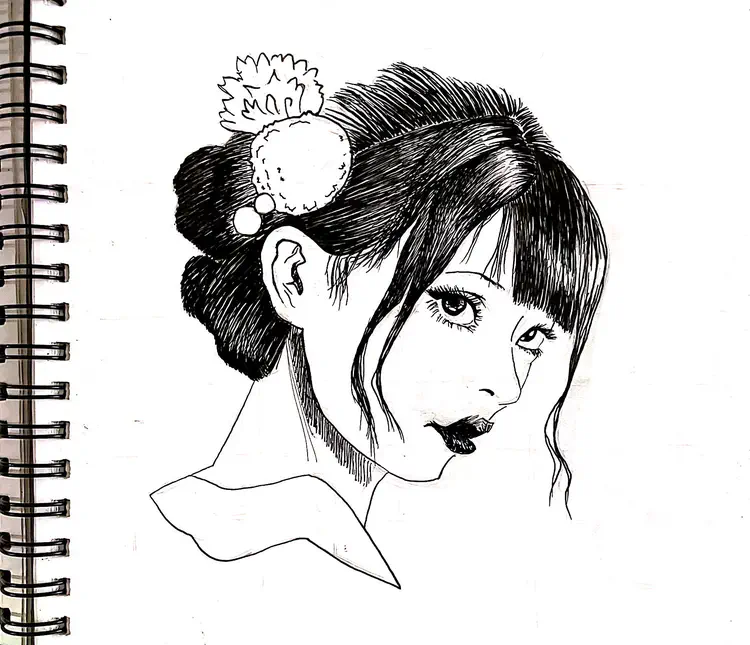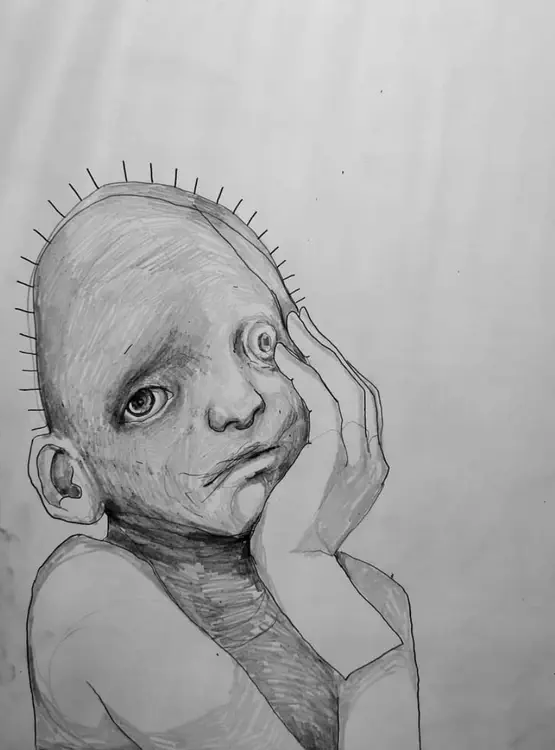Lawrence Jianqiao Hu
Doctoral Candidate in Neuroscience
Ph.D. Ambassador, UW Medicine
University of Washington
Biography
Lawrence Jianqiao (Jyen-chyow) Hu is a third-year doctoral candidate in the Graduate Program in Neuroscience at the University of Washington, co-advised by Dr. Bing Brunton and Dr. Edgar Walker. His research explores how animals actively gather noisy and incomplete information for survival, modeled through deep reinforcement learning. Such active sensing helps them infer important aspects of the environment that are otherwise inaccessible, ultimately achieving biologically relevant goals. Before relocating to Seattle, Lawrence dedicated his efforts to improving the scalability of high-throughput sequencing data preprocessing, aiming to deepen our understanding of somatic recombination mechanisms and develop HIV vaccines.
- Deep Reinforcement Learning
- Active Sensing Behaviors
- Autonomous Robotics
Skills
Experience
Featured Publications
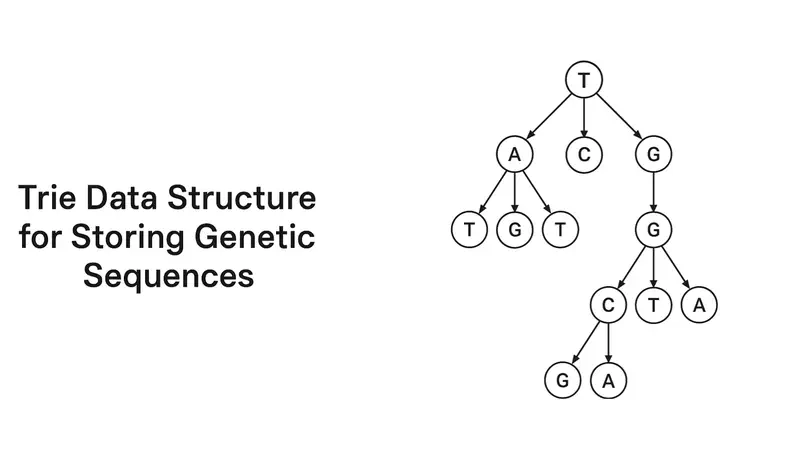
We proposed and implemented TrieDedup to efficiently and accurately deduplicate high-throughput sequencing experiments while accounting for sequencing artifacts. TrieDedup uses trie (prefix tree) structure to compare and store sequences. Our benchmark experiments show TrieDedup can deduplicate reads up to 160-fold faster than pairwise comparison at a cost of 36-fold higher memory usage.
Recent Publications
Contact
Reach me by email!
- jqhu@uw.edu
- Seattle, WA 98115
